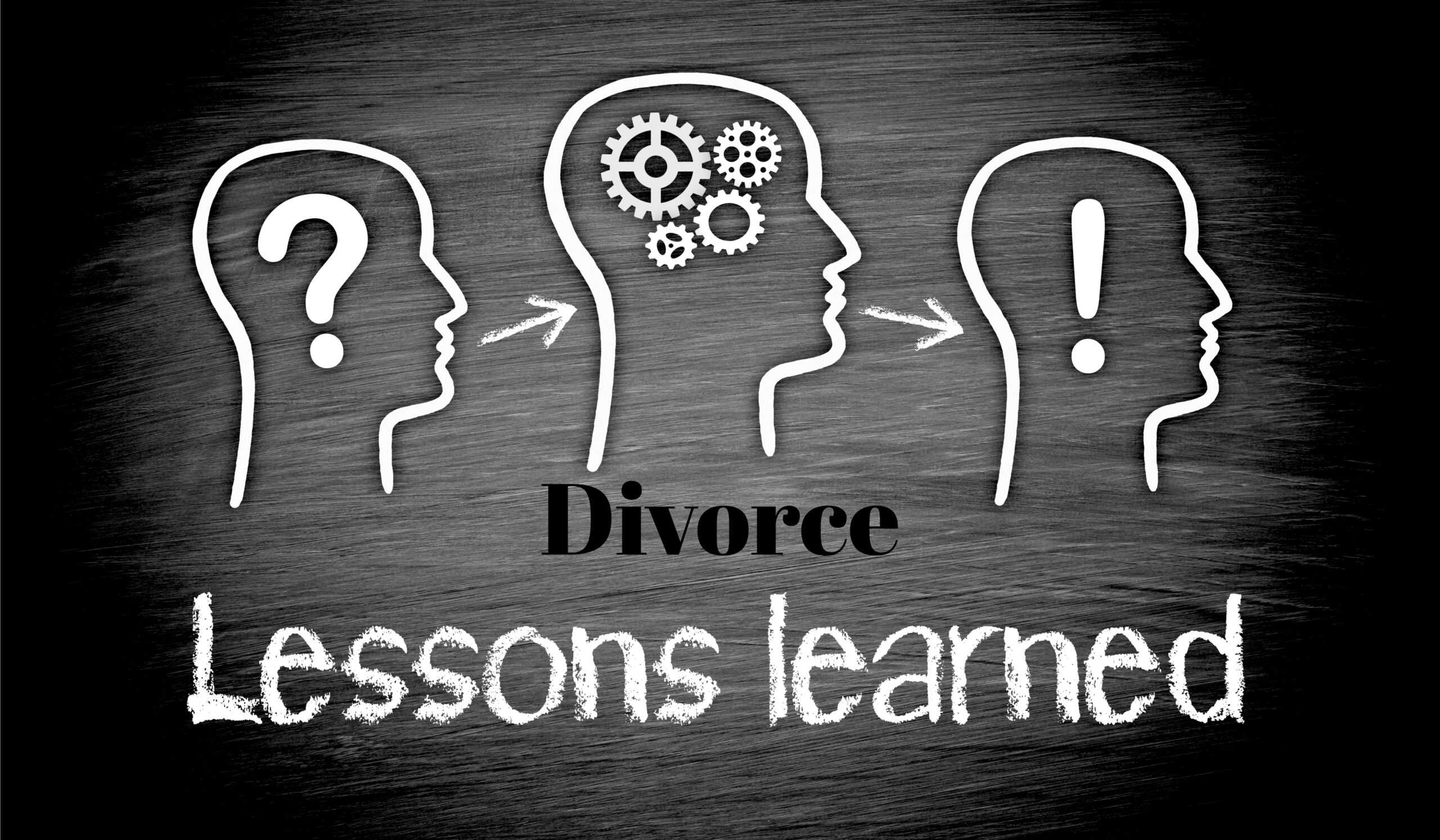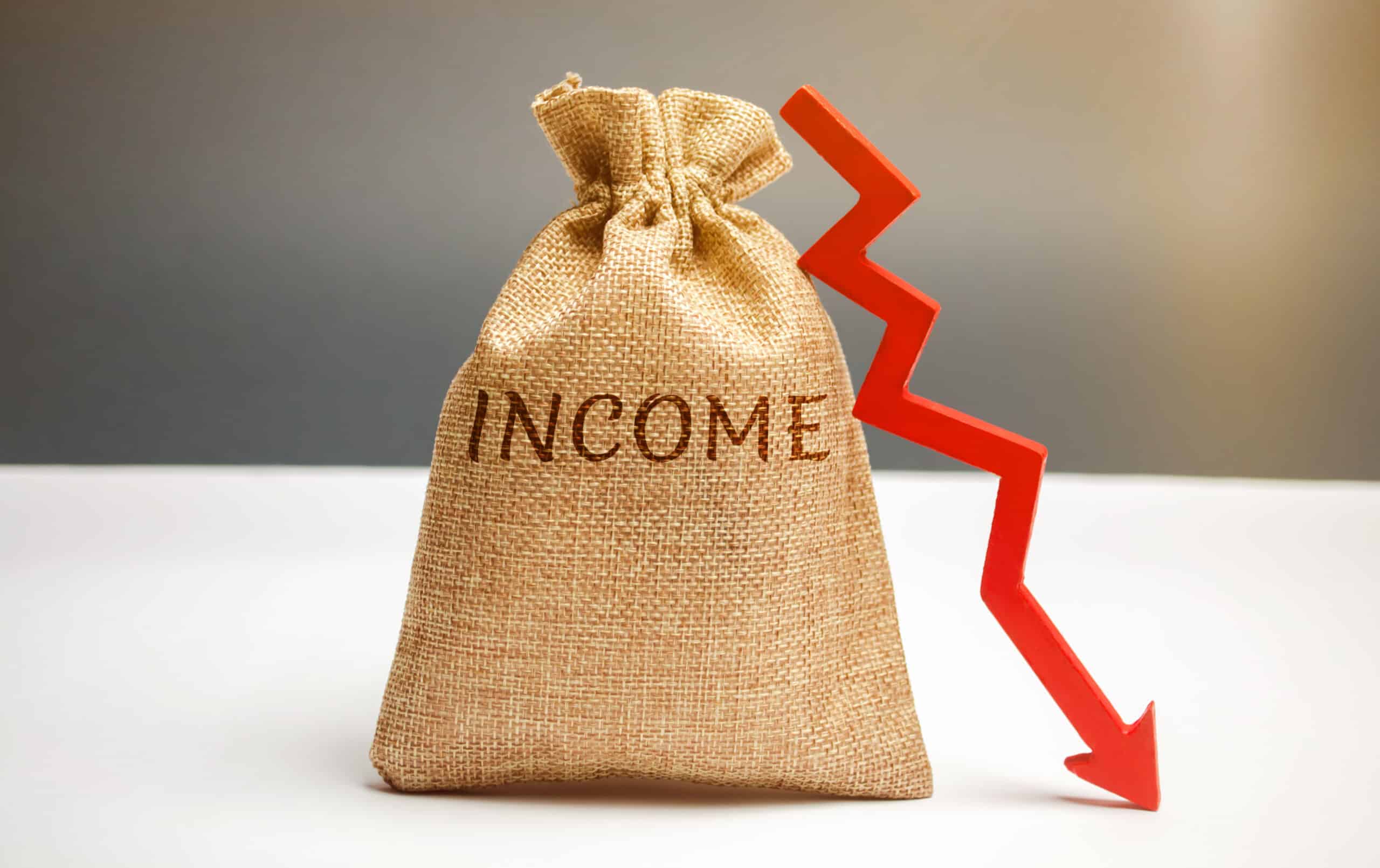Divorce can be a complicated process, especially when emotions and legalities intertwine. However, there are instances when things must be completed quickly. Do you and your spouse want to dissolve your marriage legally but aren’t prepared to settle all the other details? This is where bifurcated divorce comes in.
A bifurcated divorce allows a couple to legally split into two phases: one to end the marriage, and the other to settle everything else, like assets, custody, and alimony. While not as common as traditional divorces, bifurcation can be an option for certain cases under the right circumstances.
Let’s dig into what this means and how it works here in the Sunshine State.
Understanding Bifurcated Divorce in Florida
When we talk about a bifurcated divorce, we’re essentially looking at a process that breaks down into two separate parts:
Phase 1: Dissolution of Marriage
This is where the court legally ends the marriage. At this point, the couple is no longer married, and both individuals are recognized as single in the eyes of the law.
Phase 2: Resolution of Other Matters
After the marriage is officially dissolved, any remaining issues are dealt with separately. This could include dividing up property, deciding on child custody, figuring out alimony, and any other outstanding matters.
While Florida law doesn’t explicitly mention bifurcation, it’s still possible if a judge deems it appropriate. Generally, judges in Florida lean towards resolving everything at once, but bifurcation can be considered when it’s clearly in the best interests of both parties.
It’s not a decision taken lightly, and there are certain situations where it might make sense to go down this path.
Reasons Couples Seek Bifurcated Divorces
There are a few different reasons why couples might opt for a bifurcated divorce, and it often depends on their unique circumstances. Remember to note that the availability and approval of bifurcated divorces can vary significantly by jurisdiction.
Let’s look at a few:
Remarriage
If one person is ready to move on and remarry, waiting to finalize every detail of the divorce can be a huge roadblock. A bifurcated divorce allows them to be legally single and proceed with their plans while the remaining details get sorted out.
Emotional Freedom
Divorce is emotionally draining, and for some, just ending the marriage can be a big relief. When there’s been infidelity, abuse, or other painful issues, this approach can offer a sense of closure.
Financial Benefits
Sometimes, it comes down to the dollars. Filing taxes as a single person, gaining access to individual health insurance, or even taking advantage of specific tax benefits can make bifurcation a smart move.
Plus, it allows time to accurately value and distribute more complex assets, which can’t always be done quickly.
Strategic Advantages
In some cases, one spouse might try to delay the divorce to gain leverage. By opting for bifurcation, the other party can become legally single without giving up rights to things like property or custody.
This can also help if one spouse is facing bankruptcy or needs to change their estate plan, especially in situations where there’s a terminal illness or similar urgency.
Protection
If there’s a need to disconnect from a spouse due to issues like addiction, criminal behavior, or other unstable circumstances, bifurcation can offer a faster way out.
When Is Bifurcation Possible in Florida?
Bifurcation requires clear conditions before it can be granted. First and foremost, there has to be an agreement between both spouses. If they can’t agree, then it’s likely the judge won’t approve it.
Even with mutual consent, a judge still has the final say, and they’ll look at a few things:
Best Interests of the Parties
The court will decide if bifurcation serves both parties’ best interests. If one spouse would be unfairly affected, the judge may deny the request. However, in rare circumstances, a judge can approve bifurcation even if one spouse objects.
Prejudice Against One Spouse
If there’s a risk that one spouse could be at a disadvantage, like losing access to shared insurance, the judge may see this as a problem.
Complexity and Timing
In cases where financial or legal matters are especially complicated, and resolving them will take time, bifurcation might make sense. But if it seems like one person is just dragging things out, the judge might step in to avoid unnecessary delays.
Some common scenarios where bifurcation might come into play include:
- The need to remarry quickly
- A complex business or asset situation that requires more time to sort out
Potential Drawbacks and Legal Ramifications
As practical as bifurcated divorce might sound, it’s not without its challenges. Here’s what you need to keep in mind:
- Complications with Property Division: Splitting up assets can be tough enough in a single-phase divorce. When it’s broken into two, there’s potential for even more disputes. Agreements must be crystal clear to prevent problems down the line.
- Possibility of Delays: Even after the marriage is dissolved, there’s still a chance one spouse could drag their feet when it comes to finalizing the remaining issues. This could mean more time in court, higher attorney fees, and a longer period of uncertainty.
- Higher Costs: Since you’re essentially going through two court processes, you might end up facing double the legal fees and court costs. It’s worth considering whether the benefits outweigh the expenses.
- Potential for liens to attach to property.
- Loss of inheritance rights under wills or intestacy.
- Loss of elective share rights.
- Termination of medical insurance coverage.
How Mindful Divorce, P.A. Can Help
At Mindful Divorce, P.A., we know Florida divorce law inside and out, and we’re committed to making the process as straightforward and stress-free as possible. Our unique fixed-fee model means you know exactly what you’re paying right from the start, with no surprises.
Whether you’re considering a traditional divorce or exploring bifurcation, our team is here to help you weigh the pros and cons.
We offer a free consultation to discuss your needs, so you can make the best decision for yourself and your family. Give us a call at (561-537-8227), or check out our website to schedule a consultation. Let’s work together to find the path that works for you.






